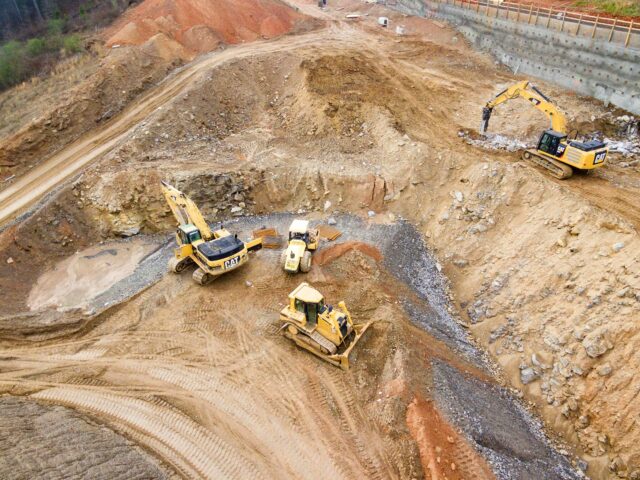Today, surely after many years, Earth is the happiest on its day.
Lately, we’ve repeatedly heard and said the phrase “the world after this pandemic will not be the same,” but it definitely depends on us to transform it into a better world. We have witnessed positive changes in our natural environment, and we have had to “socially distance” from nature to realize that each of us does indeed influence and leave a footprint. However, human confinement is not sustainable, nor is it the solution to the significant environmental challenges we face globally.
The question is: What can we learn and apply from the quarantine period to address these challenges?
Let’s start by understanding that the good health of nature is indispensable for human health. Maintaining this balance is what will largely prevent another pandemic. Earth is our home; it provides us with everything necessary for human and wildlife life to be sustainable. As we understand that we are all part of the same ecosystem, we also understand the importance of taking care of it.
Innovation is a key piece. We are questioning our production, consumption, and lifestyle habits more than ever. It is essential to innovate to create new models, promote a different economy that changes the supply and is sustainable for the planet. Much of what motivates those of us who work in innovation is to use the resource of our minds to create and bring about change. It’s not easy; it requires adaptation, collective effort in our culture, being firm, and maintaining new habits and methods.
An applicable example is digitization and telecommuting. These tools and practices help reduce the need for transportation, an industry that generates the most environmental pollutants. Today, we are realizing that it is possible to reduce international, interurban, and daily travel and still fulfill work obligations, sometimes even more effectively. Simply reducing daily commuting times leads to less traffic, better quality of life, employee retention, fewer commuting accidents, and fewer deaths from air pollution, which total 7 million worldwide, according to the WHO.
The invitation is clear: let’s take charge. Let’s promote a different economy where every action and decision considers the three aspects of sustainable balance: economic, social, and environmental. Let’s use available information, be innovative, and be part of creating the future. Let’s use efficient methods, clean technologies, and social awareness. This is in our hands.



